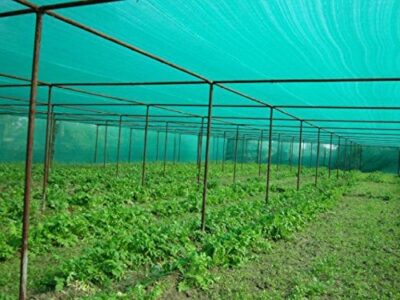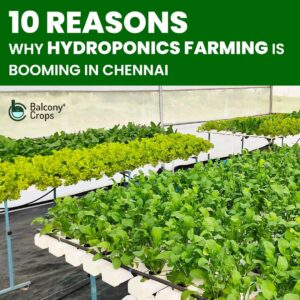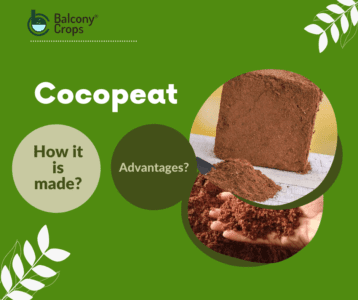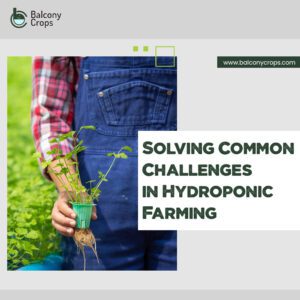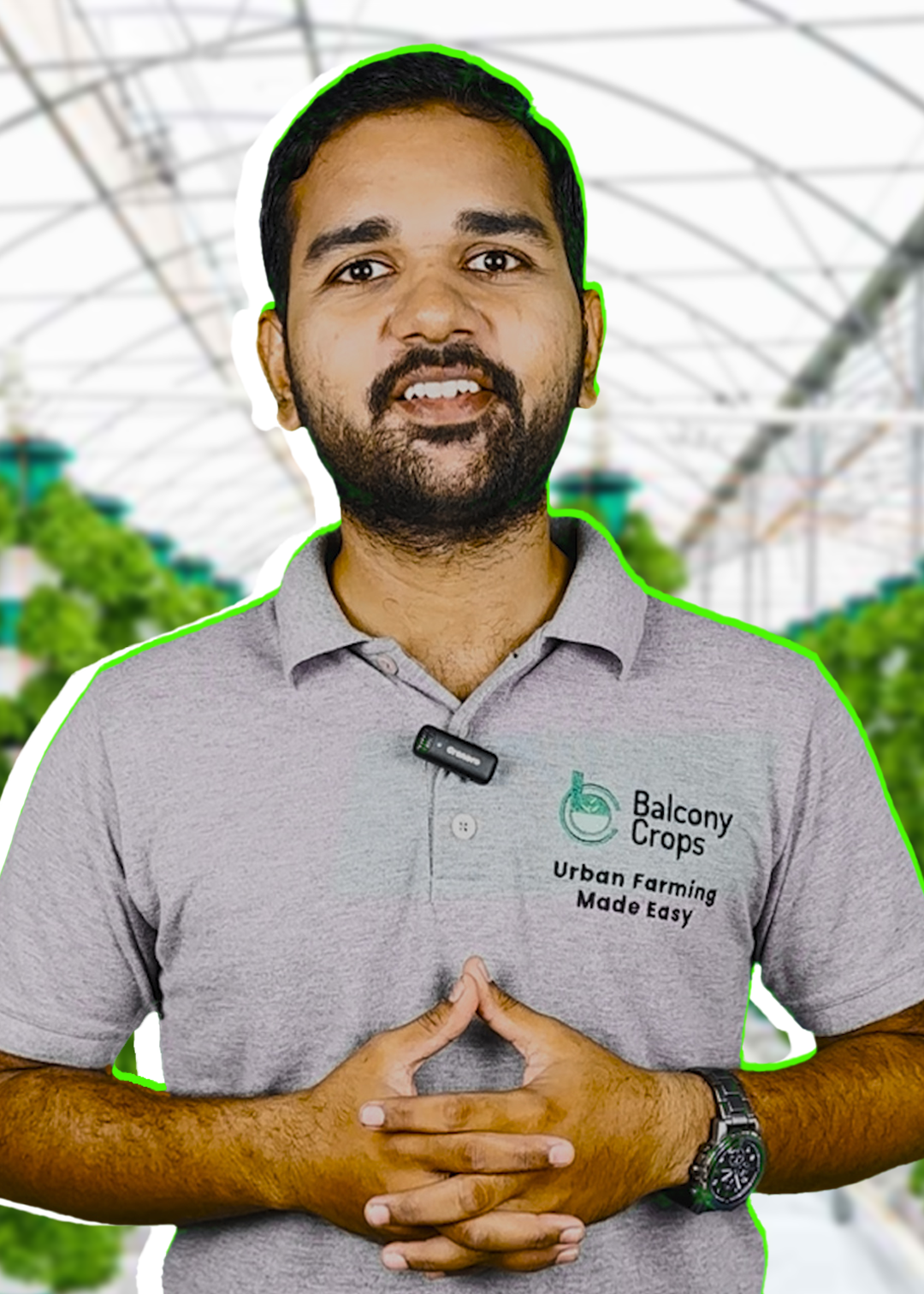Commercial hydroponic farming is a type of agriculture where crops are grown in a water-based medium instead of soil. This type of farming has many benefits, including a smaller environmental footprint, higher yields, and less water usage.
Hydroponic farming is a great option for those looking to start a commercial farm. If you’re interested in this type of farming there are a few things you need to know before getting started. In this article, we’ll cover the basics of commercial hydroponic farming, from equipment to set up to common challenges you may face.
With the right knowledge and preparation, commercial hydroponic farming can be a great way to start your own farm.
Table of Contents
Types of Hydroponic Farming
There are different types of hydroponic systems, such as the drip water system, Dutch bucket system, raft system, and NFT system.

Vertical farming is a type of hydroponic farming where the plants are grown indoors in layers with LED grow lights. Vertical farming is sometimes called urban agriculture, or the more specific term “high-rise farming.” and is often used to grow leafy vegetables and herbs which can be sold to local retailers or consumers.
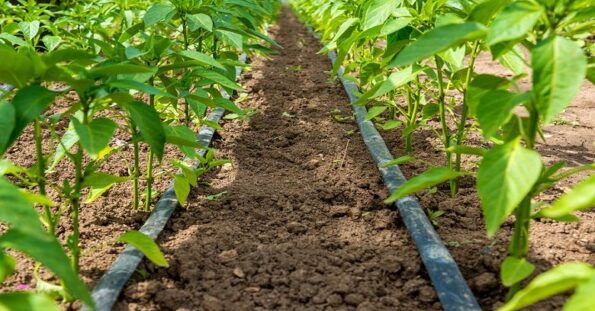
The drip water system is one of the most popular hydroponic systems for commercial use because it’s so easy to set up and maintain. It’s also relatively inexpensive and doesn’t require much space. A drip water system uses a pump to deliver water from a reservoir at one level to another at the next level using plastic tubing with tiny holes in it (the emitters). The emitters release small amounts of water over long periods of time into each pot below them.
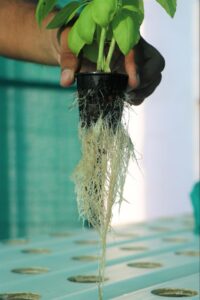
NFT system farming is a type of hydroponic system where plants are grown in a thin nutrient film also known as Net Pots that runs down the length of channels or tubes to provide them with their nutrients and water and circulate back to the reservoir. This type of hydroponics has many advantages over other types, such as easier management, better control over pests, and less need for pesticides.

The most common type of hydroponic system is the Deep Water Culture (DWC) system. It is usually used for smaller plants and herbs but can be used for larger plants as well. The DWC system uses a nutrient-rich solution that is placed at the bottom of a container or tank and then the plant’s roots are submerged in it.
Advantages of Hydroponics Farming
Hydroponics has many advantages over traditional soil-based cultivation. It can be used to produce high-value crops with lower water inputs and less space, while using less energy, creating fewer greenhouse gas emissions, and having a reduced risk of crop failure.
Hydroponics and Urban Farming
Urban farms can be found all over the world with different methods of production. Some urban farms have hydroponic greenhouses where plants are grown without soil and instead rely on water and nutrient-rich solutions to grow.
Commercial Hydroponics paves way for healthy urban farming. Urban Farms are usually created with a vision to support rural farms, distribute the consumption load, and promote a greener environment.
Urban farming enables people to grow fresh & pesticide-free greens locally which saves on carbon and water footprint making it more sustainable.
Setting up Commercial Hydroponics
A hydroponic farm is a method that uses a water-based medium such as coco peat, vermiculite, perlite & clay balls to grow plants without soil. Commercial Hydroponic farms can be set up in a variety of spaces, from as small as 10000 square feet to many acres. The main requirement for setting up a hydroponic farm is the availability of electricity for the climate control equipment and a good water source.
The first step in setting up a hydroponic farm is to choose the location and size. There are several factors to consider when deciding on where to put your farm, including how much space you have available, your climate zone, the type of crops you plan on planting, and whether or not you have access to water or will need an irrigation system.
Once you have chosen your location and size, it’s time to start building! You will need a greenhouse/polyhouse with temperature control systems that regulate heat and humidity levels inside them. Maintaining the farm properly allows them to grow faster yields, and then the farm is completely ready for commercialization. You can start selling fresh produce to local supermarkets and organic stores!
We also help build commercial farms in PAN India. You can reach out to us for a free consultation.




